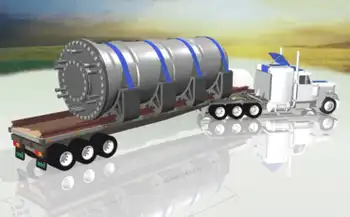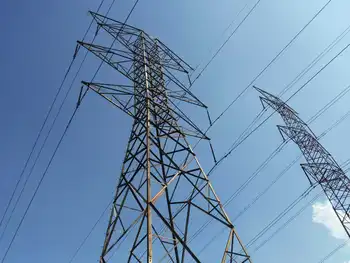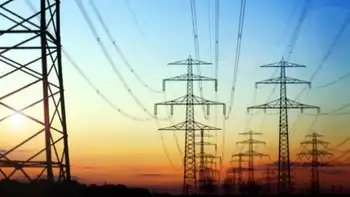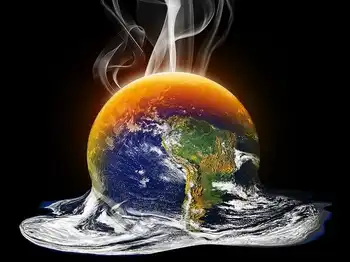India hasnÂ’t given up on U.S. nuclear deal
By Reuters
High Voltage Maintenance Training Online
Our customized live online or in‑person group training can be delivered to your staff at your location.

- Live Online
- 12 hours Instructor-led
- Group Training Available
Indian Foreign Minister Pranab Mukherjee said New Delhi was still trying to find ways out of the face-off with the left parties, who have threatened to end support if the deal is pursued, but did not indicate how a solution could be found.
"No, I have not given up," he said in an interview to the Press Trust of India (PTI) news agency. "We are working on how we can proceed."
"Of course time is running out," said Mukherjee, who heads a joint panel formed to resolve the dispute between the government and the communists.
"But one cannot help it. Either you lose majority, and if a government loses majority nobody is going to have an arrangement with a minority government."
Mukherjee's comments came days after his Congress party lost elections to the opposition Hindu nationalists in the western state of Gujarat and the northern state of Himachal Pradesh, dealing a blow to a section of the government that was hoping a good show in the polls would help push the deal.
The India-U.S. civil nuclear cooperation agreement aims to allow New Delhi to access American nuclear fuel and reactors by overturning a three-decade ban imposed after India conducted a nuclear test while staying out of the Non-Proliferation Treaty.
It is seen as the centerpiece of a new, strategic relationship between Washington and New Delhi. The government hopes it will help India meet its soaring energy needs.
But its communist allies have rejected the pact, saying it compromises India's sovereignty and draws it into the geostrategic influence of the United States.
The stand-off almost brought down the coalition government in October, prompting the cabinet to put the deal on hold.
In November, the communists softened their opposition amid hectic negotiations and allowed conditional talks with the International Atomic Energy Agency (IAEA) to conclude a safeguards agreement needed to clinch the deal.
But they made yet another turnaround in December and asked the government to stop negotiations with the IAEA or prepare for elections, which are otherwise due in early 2009.
Besides the IAEA pact, the nuclear deal must win the approval of the 45-nation Nuclear Suppliers Group and the U.S. Congress, preferably before the U.S. legislative calendar is cramped by presidential polls later this year.
PTI said Mukherjee dismissed suggestions that the deal would be on the backburner as the communists could step up pressure after the Congress' poll losses, saying "their position is not linked with electoral successes and reverses".
He also sidestepped questions on a timeframe for concluding the deal, but hoped that negotiations with the IAEA should be completed by the end of this month, PTI said.











